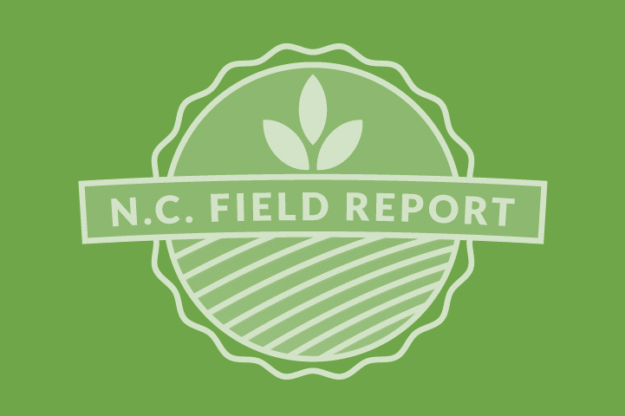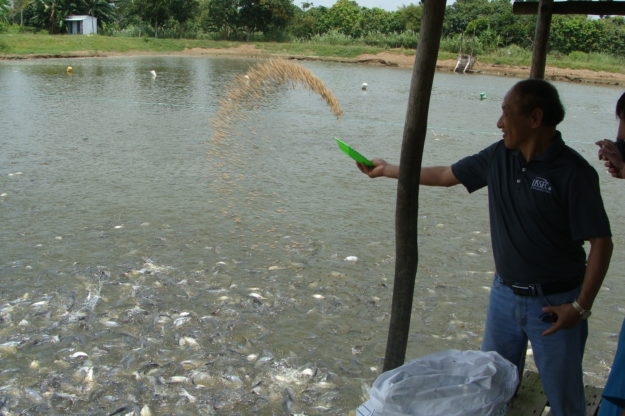Using the Right Sprayer Nozzle
Today’s sprayers can apply just the right amount of herbicide to every inch of a field, but one size does not fit all. Nozzles come in many types and spray patterns, and the best one to use depends on the plan for using it. For instance, different size nozzles work better with different types of…
Details










